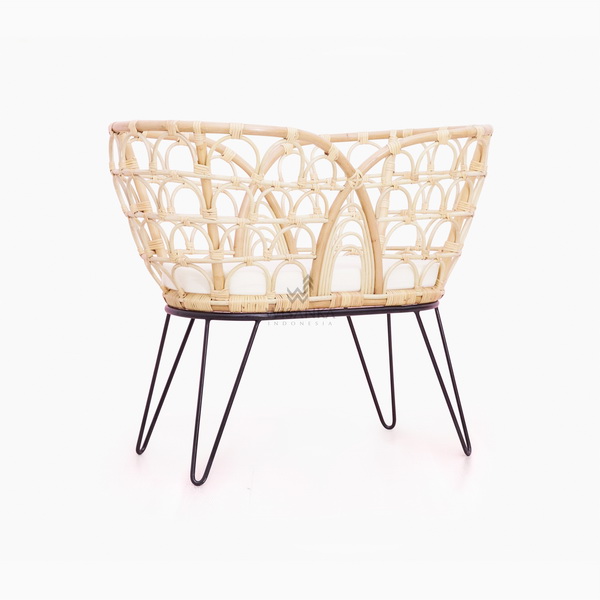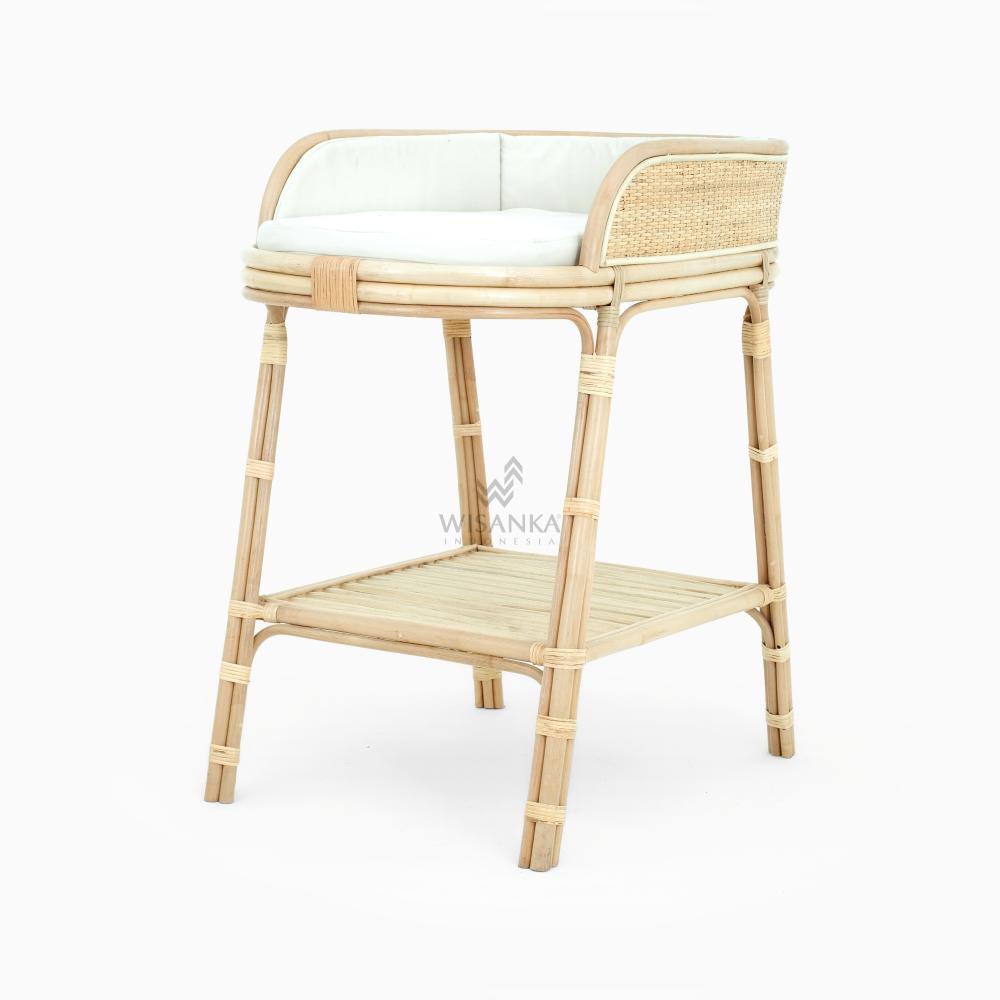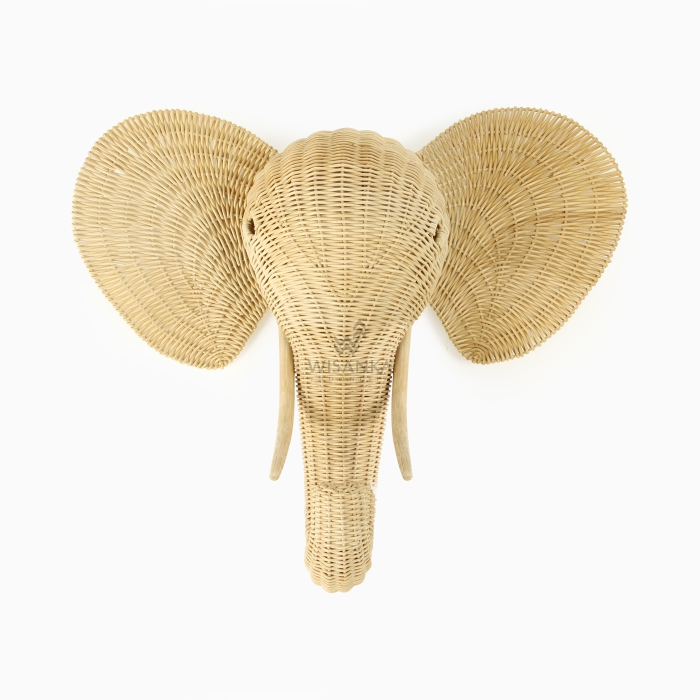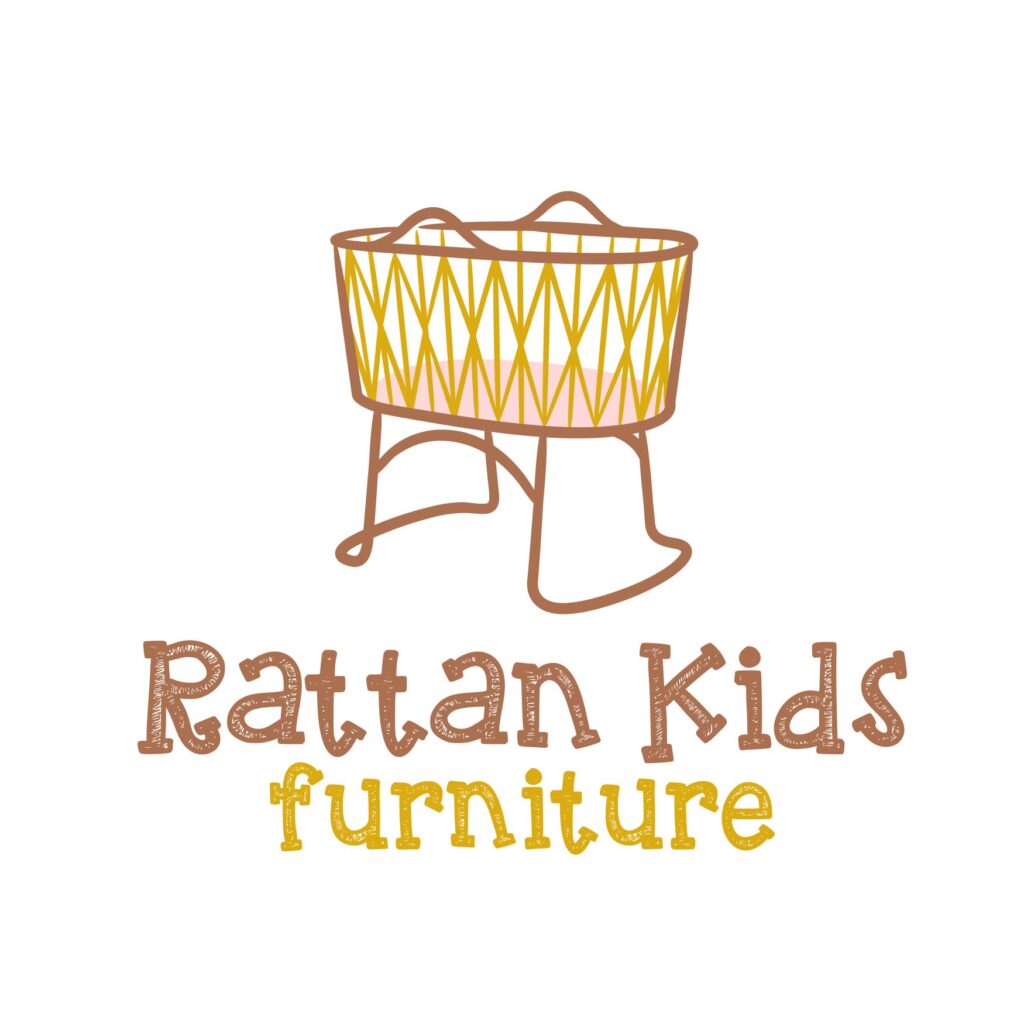The demand for eco-friendly and sustainable furniture has been on the rise, and one type that has gained popularity is rattan furniture. Rattan, a natural and renewable resource, has become a favorite material for various furniture pieces, including kids’ furniture. In Cirebon, West Java, a leading wholesale manufacturer has emerged, specializing in producing high-quality kids’ furniture made of rattan. This article will explore the advantages of using rattan in kids’ furniture, shed light on the manufacturing capabilities of the Cirebon-based factory, and discuss the potential impact of sustainable production on the furniture industry.
Advantages of Rattan Kids Furniture
Rattan, a climbing palm native to Southeast Asia, offers a range of benefits that make it an ideal material for crafting kids’ furniture. First and foremost, rattan is lightweight, making it easy for children to move and rearrange their furniture as they please. Furthermore, its natural flexibility ensures that kids’ furniture made from rattan is less likely to cause injuries or accidents, promoting a safer environment for children to play in.

Ariana Baby Bassinet – Natural Rattan Baby Furniture
Another advantage lies in the aesthetic appeal of rattan kids’ furniture. The material’s distinctive texture and warm earthy tones add a touch of natural beauty to any space. Rattan can be easily shaped into various designs, making it multipurpose and suitable for different children’s room themes.
The Cirebon-based Wholesale Kids Furniture Factory

Mulan Baby Change Table – Rattan Kids Furniture
Located in the heart of Cirebon, West Java, the wholesale kids’ furniture factory stands as a prominent player in the furniture industry. Equipped with state-of-the-art machinery and operated by skilled artisans, the factory specializes in crafting sustainable and eco-friendly rattan furniture for children.
The factory’s production capacity is nothing short of impressive. With streamlined manufacturing processes and a dedicated workforce, it can produce a minimum of 10 containers of kids’ furniture within a mere four weeks. This level of productivity showcases their commitment to meeting the demands of both domestic and international markets.
Sustainable Production Practices
What sets this factory apart is its unwavering commitment to sustainability. As the global call for eco-consciousness continues to grow, the furniture industry has an important role to play. It must reduce its environmental impact. The Cirebon-based factory has taken strides towards achieving sustainability by using only ethically sourced rattan and adhering to eco-friendly manufacturing practices.
By choosing rattan as the primary material, the factory ensures that their production process remains environmentally friendly. Rattan is a fast-growing plant, replenishing rapidly in comparison to other materials used in furniture manufacturing. Additionally, the factory diligently manages waste and recycles materials, minimizing their carbon footprint.
Impact on the Furniture Industry
A sustainable rattan-focused wholesale kids’ furniture factory could revolutionize the industry. As consumers increasingly prioritize sustainability and ethical sourcing, manufacturers worldwide may follow suit in adopting eco-friendly practices. The shift towards sustainability benefits the environment. It also enhances the reputation and competitiveness of businesses in the industry.

Elephant Wall Decor – Rattan Kids Animal Wall Head
The rise of sustainable furniture production has brought about exciting possibilities for the furniture industry. Particularly, in the realm of kids’ furniture. The Cirebon-based wholesale factory’s dedication to crafting high-quality kids’ furniture from rattan has set a commendable standard for sustainable practices. By utilizing the advantages of rattan and operating with a focus on eco-friendliness, this factory stands as a shining example. It demonstrates how businesses can make a positive impact on the environment while meeting market demands. As the industry continues to evolve, the spotlight remains on the importance of sustainable production for a brighter, greener future.
